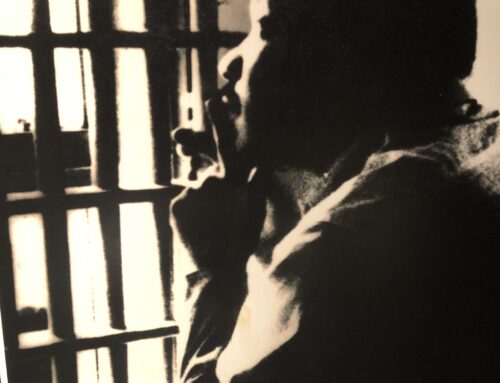Leaders know a lot of things. We know our team. We know our strengths and limitations. We know our objective. We even know something about the challenges we will soon face. One thing we do not know is how we will respond when it is time to act.
College football launched a new season this weekend. My team almost lost the season opener against an unranked but worthy opponent. Expectations going into the game were huge. Yet every expectation was untested until kick-off. It was a tough, ugly game, and we almost lost. We finally won in overtime, but we won much more than one game. We won access to information we could only discover on the field of play.
For leaders who are slugging it out, hoping to hang on for victory, here are three simple leadership lessons we can learn from my team’s close call:
Practice makes us better. Competition prepares us to win.
Practice teaches and prepares us, but only live competition reveals our true self and develops a winning character. Practice is school. We need instruction and information, but the classroom is safe. Competition, on the other hand, is the place we face an opponent with the ambition and skill to destroy us. It is dangerous. It is risky. But in the throes of competition we find the discipline of danger that we need to become our best.
Confidence makes us better. Execution prepares us to win.
Faux humility is no badge of honor, and it only undermines our ability to succeed. We must believe in ourselves, in our abilities, in our goals, and in our team. But confidence is never enough to win. We make progress by doing the right things in the right way at the right time. A lot of people know football and are clear about what it takes to be successful, but confidence does not ensure victory. We make progress in our calling when we do what we came to do. Actions, more than attitudes, produce results.
Scrutiny makes us better. Improvement prepares us to win.
The most stinging criticism often comes from the people standing at a safe distance from the action. Spectators have limited knowledge, passion, and skill, which explains why they are only watching. Scrutiny, however, from people outside the team or organization can often provide fresh perspective that helps those of us who are doing the work. So our job is to listen without being defensive, to learn what we can, and then to improve our work. Our first priority is not to quiet the critics. Our job is to get better, to meet objectives, and to be the best we can be.
We only learn to win by being confronted with the real threat of losing. There is no substitute for live action. The character of a leader and the team is revealed and refined in the field of play, not in the state of the art practice facilities. And as influencers in our home, in our church, and in our community, we make the biggest impact not in what we say or even in what we believe, but in what we do when other people are counting on us. Winning in one moment is big, but growing from even our ugly close calls gives us the opportunity to make a real difference in the many seasons ahead.





